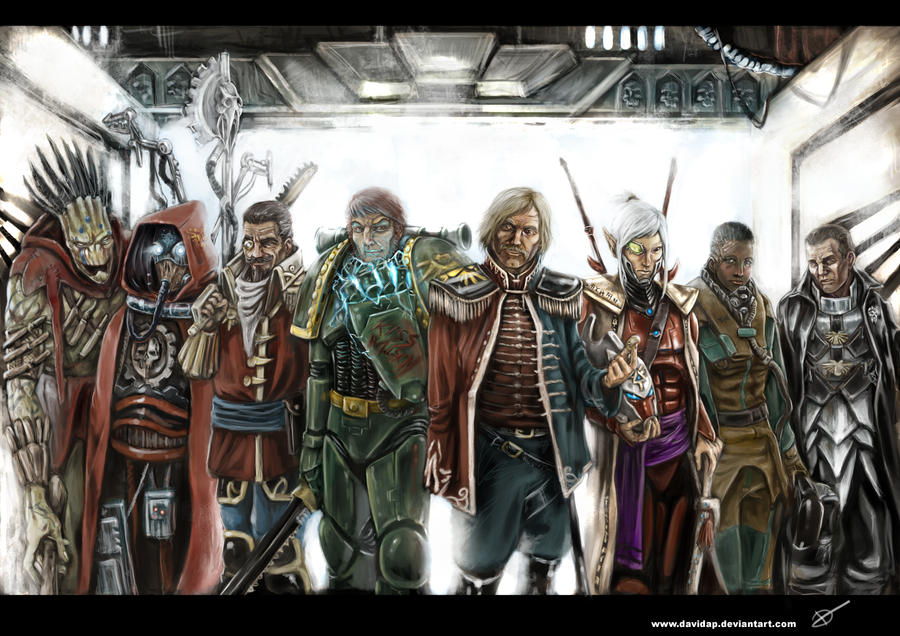
Monday, January 31, 2011
Sixteenth Session - Preparing for the Grand Battle

Friday, January 28, 2011
The Problem with Knowledge Skills

One problem I’ve always encountered in roleplaying games is the “knowledge check” dilemma. At most tables I’ve played at, if a player has a knowledge skill, they activate it by rolling the skill. If they succeed, the GM tells them aloud what they know about a particular topic. Then, the player does one of two things. They either repeat the same thing that the GM just said…which now seems redundant. Or they simply turn to the rest of the group and say, “I share this with the party.”
Either way, this results in the spotlight being moved away from the character with knowledge skills. Furthermore, this makes knowledge-based characters extremely boring to play. If you’re a wise, knowledgeable character, your speciality is to have GM to tell you stuff while you passively listen.
In most of my games, I’ve tried to combat this with the sidebar. I pull the player aside, tell them what their character knows, then let them go back to the table and relate it to the group. This has worked brilliantly in the past. Often, when the player retells the information, they will put their own spin on it, making the information slightly colored or biased – which it should be. Also, it enhances roleplay, since the players can talk about the new information in character.
However, with a big group, this has proved detrimental. Constantly pulling players aside with a big group pauses the action, and with a group as large as ours, it often caused more distractions.
So, what to do? I ended up robbing an idea from myself.
Cards with Information

For really big, earth-shattering revelations, I can even dress up the information cards with a picture or something like that. This really calls attention to the information and gives the player something visual to latch onto.
Tuesday, January 25, 2011
Staging a Battle...And Keeping the Horror

Maintaining tension and horror during a fight can be difficult. Often times, if the player characters are facing some unnamed horror from beyond, the tension and suspense can be high. But the moment you break out the dice and rolling to hit, it dissolves the horror.
In my opinion, there are a number of ways to handle this.
Not Just a Straight Up Fight
If you think about a movie in which a fight breaks out without losing that sense of horror, how do they do it? Often times, movies will feature a battle with the film's nemesis which is not up-front and in your face, but instead a conflict full of mystery and surprises.
Running From Something
Sometimes, a fight need not be a "we're going to kill you or you're going to kill us" event. The reason that this can be detrimental to horror is that in most RPGs, there is an unspoken expectation that the PCs will win the conflict. Most players want there to be a chance to fail in any conflict, but they usually want that chance to be small. When it looks like the PCs are going to lose, typically what you see around the table is frustration. Or disheartenment.
Thursday, January 20, 2011
Fifteenth Session - The Dark Secrets of the Ferral Wolf

One of the overriding themes of the Warhammer 40k Universe is that of the hidden darkness. The forces of Chaos that are ever-present. And in this session, the crew dealt with that.


